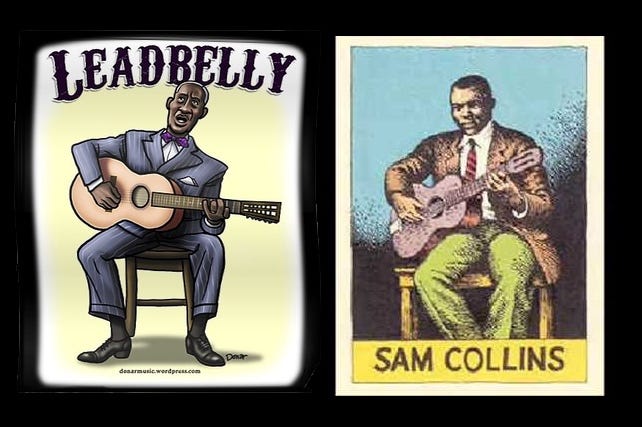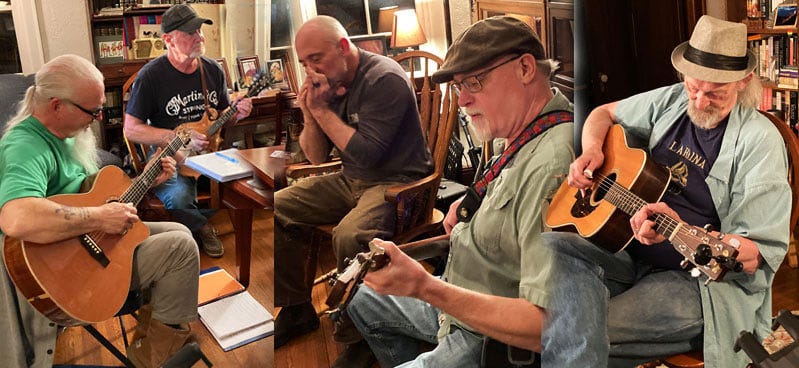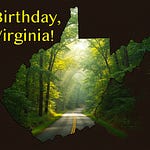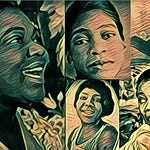One of America’s greatest train song was first recorded by a cowboy band, a bunch of real Oklahoma wranglers who were not only good musicians, but also, as one of their earliest backers said, could “ride or rope anything that has horns, hide or hair.”
On May 11, 1926, members of Otto Gray’s Cowboy Band traveled from Ripley, Oklahoma, to St. Louis to wax two sides for Okeh. Their first number was issued as “Pistol Pete's Midnight Special,” named for their lead singer, guitarist Dave “Pistol Pete” Cutrell.
The group, which toured tirelessly until its breakup in 1936 — often traveling in Cadillac sedans made look like railroad locomotives, complete with cow catchers — became America’s first nationally famous cowboy band. A success on the theater circuits of the era, they were touted for their showmanship with whip and rope tricks, their music and varied repertoire, their flashy costumes and their visual humor.
About the Song
That first song from their Okeh session became even more famous. “Midnight Special” is a traditional folk song thought to have originated among prisoners in the South.
The lyrics first appeared in print in 1905 in an article published by African American scholar Howard Odum. Two decades later, in 1927, Carl Sandburg offered two different versions in his classic folk music collection, The American Songbag. That represented the first published versions of the song’s music and words.
Also in 1927, Louisiana-born blues artist Cryin’ Sam Collins recorded the song for Gennett Records. Incidentally, his was the first version to refer to the train’s “ever-lovin’ light.” After Collins, the world would have to wait a few more years for Huddie Ledbetter (“Lead Belly”) to fully establish the song’s prison cred. In 1934, he recorded a version of “Midnight Special” at Louisiana’s Angola Prison for John and Alan Lomax, who then mistakenly reported Lead Belly as the song’s author.
The Lomaxes, in their book, Best Loved American Folk Songs, told a credible story identifying the Midnight Special as a train from Houston shining its light into a cell in the Sugar Land Prison. They said Ledbetter's version was a ballad “to match ‘Hard Times Poor Boy.’ Like so many American folk songs,” they added, “its hero is not a man, but a train."
About That Light…
There always has been a bit of controversy over what it means for that "ever-lovin' light" to shine on you.
Some folks says it is about some kind of salvation, that the light of the train that could take you away from those prison walls. In this context, it is reminiscent of the imagery of such gospel songs as “Let the Light from Your Lighthouse Shine on Me.”
On the other hand, Sandburg had a darker view. The poet believed the light meant that the subject of the song would rather be run over by a train than spend even one more night in jail!
Either way, as Bob Dylan once said in another context, "imagine it would be some kind of change."
Our Take on the Tune
Nineteen years ago, when we went into the studio to record our third album with the late George Walker engineering, “Midnight Special” was the first number we laid down. After that, though, for some reason the tune just sort of drifted out of our collective consciousness.
Until lately. Our old buddy, Floodster Emeritus Paul Martin has been dropping into the jam sessions recently, and that’s got us revisiting some of the folkier corners of our repertoire. Here’s a moment from a week or so ago.




















Share this post